|
At the end of August, we commissioned a joint survey with the School for Social Entrepreneurs to explore how the pandemic has impacted the training needs and preferences of fundraisers, with a particular focus on small-to-medium charities and social enterprises. We received 54 responses in total - thank you so much to everybody who took the time to share their detailed experiences and feedback. While this is a small sample and not representative of the sector as a whole, I wanted to share a few thoughts on what we’ve learned and how we’re responding... 1. The financial impact of the pandemic has varied wildly for different organisationsIt was striking how varied the responses were to this question, mirroring what we've heard from organisations taking part in our online training over the last 18 months. Encouragingly, 37% of organisations said their financial position had improved, particularly for those well-positioned to access emergency grant funding, albeit with some concerns for the future: Worryingly, 31% of organisations felt financially weaker, particularly those whose work isn't directly related to the pandemic: It’s clear that, for many, emergency funding has done its job in shoring up the sector and ensuring organisations survive. As a result, some organisations have been able to develop promising relationships with new funders, presenting a long-term opportunity. But as always, there’s a danger that more complex and/or less popular causes are being left behind, particularly where their impact is longer-term and harder to measure - for example, infrastructure organisations that play such a vital and under-appreciated role in supporting smaller organisations in the sector. We'll continue to offer practical tips on how organisations in this position can build a convincing case for support, through our regular blogs and fundraising training. 2. Confidence and morale have been understandably knockedIf you're feeling varying degrees of challenged, disillusioned and exhausted, you're not alone. 46% of people reported becoming less confident about fundraising, compared to just 24% becoming more confident. It's clear from the written responses that while fundraising itself is tough, it's the challenge of juggling the demands of running an organisation, securing vital funding and navigating current life that's really hard: Respondents voiced a particular need to build skills and confidence in high value fundraising i.e. corporates and major donors. These areas are particularly susceptible to the combined financial damage wreaked by Covid and Brexit, and the logistical difficulties that come with limited face-to-face interaction. We'll be exploring how we can put a stronger emphasis on these areas in future courses. In general people seemed more confident with public fundraising (events, community and individual giving) with many organisations benefitting from a groundswell of grassroots support during the pandemic. 3. Organisations are feeling surprisingly confident about their strategic directionGiven the amount of firefighting done over the past 18 months, and the comments above about how people are generally feeling, we were surprised and hugely impressed to see more than half of organisations feeling clearer and more confident about their future strategy. Some organisations have benefitted from the breathing space afforded by emergency funding to be able to take a step back, while others have naturally been evaluating their place in the world - and the changing circumstances and needs of their service users - during the uncharted territory of the pandemic. This certainly mirrors our experience. We’ve been busier than ever with our strategic consultancy, with many organisations committing time and money now to reflecting and learning from the past 18 months. This has led to organisations identifying ways to do things better and more cost-effectively, wrestling with difficult issues such as digital exclusion and financial sustainability, and emerging from a turbulent period feeling clearer and more confident as a result. There’s no doubt that this strategic clarity will be a huge confidence boost to funders, donors, trustees, volunteers and service users alike. If you haven’t sat down and formally discussed yet what you’ve learned from the pandemic, and how you can do things differently in future, it’s certainly worth trying to do this ASAP. If your team is trying to do this while still working remotely, check out our recent blog on how to run better online strategic planning workshops. 4. Online training remains a better and more accessible option for many, even as things open upOnline training may have been born out of necessity, but we all better believe that it's here to stay. While current circumstances have allowed us to resume some face-to-face training, close to half of respondents still prefer online sessions: It’s clear that online training is simply a better long-term option for many, particularly those with limited time, care responsibilities or based outside of major cities: We've heard this message loud and clear, and will ensure that online training remains a significant part of our future offer. However, we’ve also learned over the past 18 months that online training absolutely can’t just be a face-to-face training format moved online. We’ve now had loads of time to learn on the job and listen to feedback both after courses and in the survey, and will be trying to put this into practice in the coming months:
3 Comments
|
Like this blog? If so then please...
Categories
All
Archive
May 2024
|
Lime Green Consulting is the trading name of Lime Green Consulting & Training Ltd (registered company number 12056332)

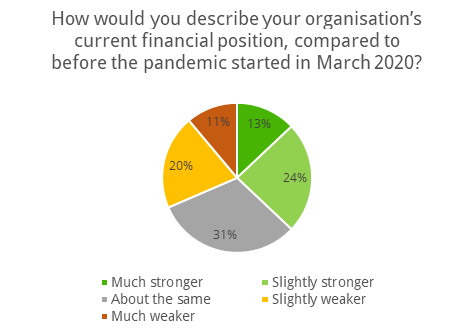


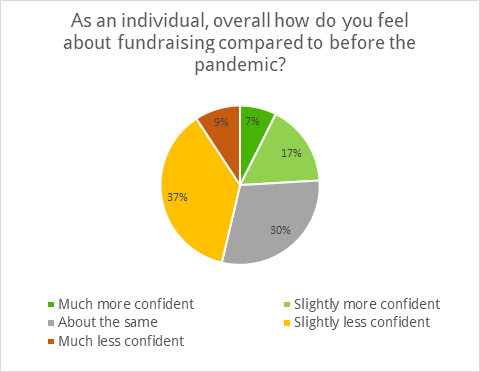
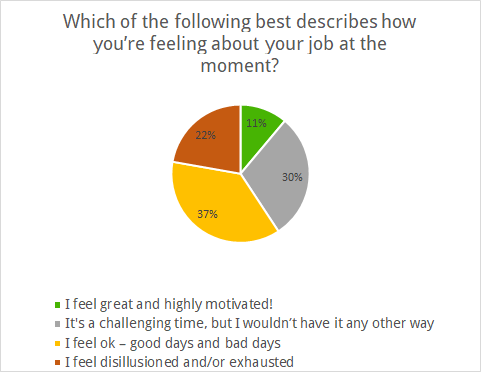


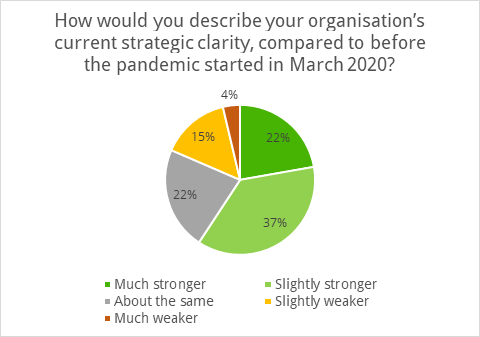
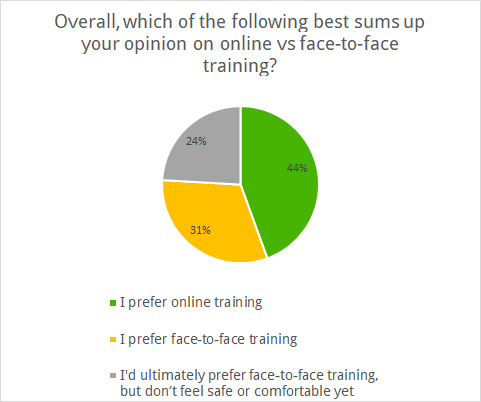



 RSS Feed
RSS Feed